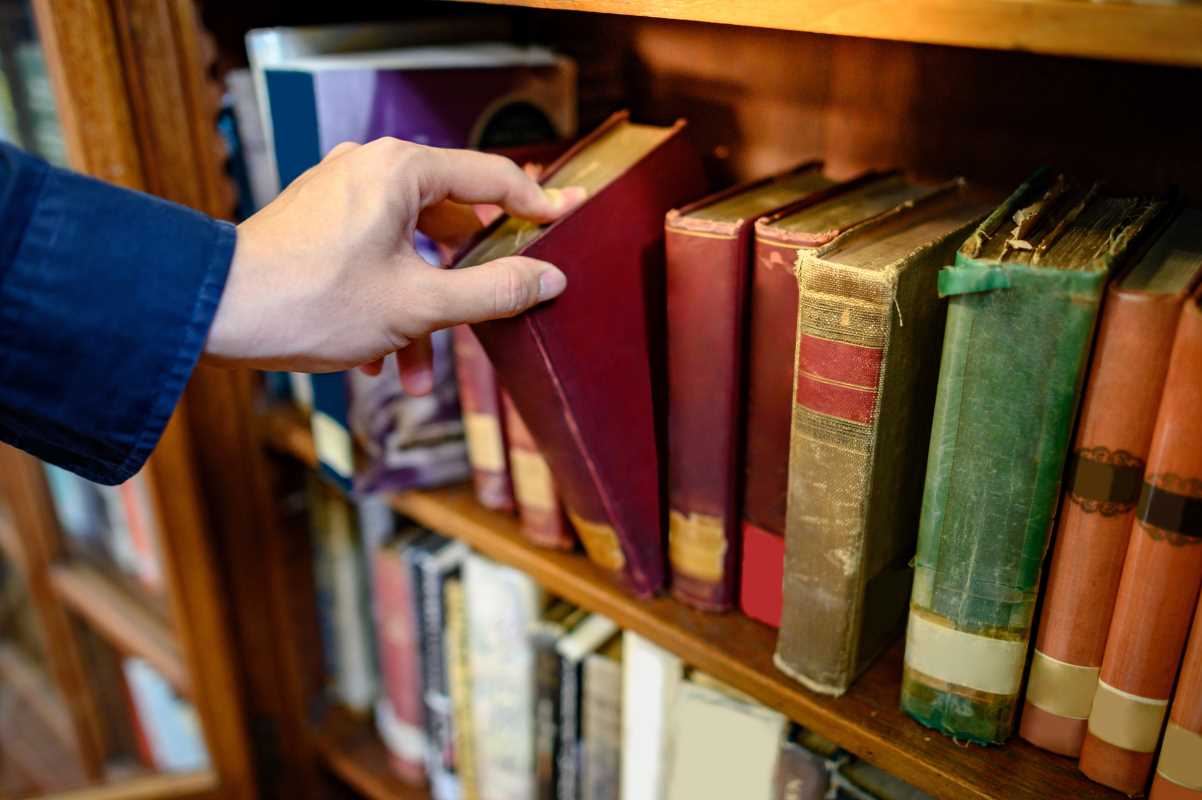Classic literature has long held a place of honor in the literary canon, celebrated for its artistry, cultural significance, and timeless themes. Yet, as society evolves, so do readers’ expectations and tastes.
Some novels once hailed as masterpieces may feel outdated, inaccessible, or even problematic to modern audiences. While these books remain important as historical and cultural artifacts, their ability to engage contemporary readers is often questioned.
Let’s explore some classic novels that, despite their celebrated status, may not stand the test of time as well as others.
"The Catcher in the Rye" by J.D. Salinger
J.D. Salinger’s The Catcher in the Rye has been a touchstone for teenage rebellion and alienation since its publication in 1951. Holden Caulfield, the novel’s protagonist, is a disaffected youth grappling with the hypocrisy of the adult world. His voice was groundbreaking at the time, offering an authentic glimpse into adolescent frustration.
However, modern readers may find Holden more grating than endearing. His relentless cynicism, privileged perspective, and refusal to engage meaningfully with those around him can come off as self-indulgent rather than insightful.
Additionally, changing attitudes toward mental health have shifted how readers interpret Holden’s struggles, with some viewing him less as a symbol of rebellion and more as a character in dire need of therapy. While the novel still resonates with some readers, its appeal has become increasingly niche.
"Moby-Dick" by Herman Melville
Herman Melville’s Moby-Dick is often regarded as one of the greatest American novels, celebrated for its philosophical depth, ambitious scope, and intricate symbolism. The story of Captain Ahab’s obsessive quest to kill the white whale is a profound exploration of human ambition, revenge, and the unknowable forces of nature.
Despite its literary merits, Moby-Dick presents significant barriers to modern readers. The novel’s slow pacing, dense language, and lengthy digressions on the minutiae of whaling can feel like a slog. Melville’s encyclopedic approach, while impressive, often overwhelms the narrative, making it difficult for readers to connect with the story. Furthermore, the single-minded focus on Ahab’s obsession may feel less compelling in an era where nuanced character development and multi-layered narratives are more appreciated. For many, Moby-Dick remains more respected than genuinely enjoyed.
"Anna Karenina" by Leo Tolstoy
Leo Tolstoy’s Anna Karenina is a sweeping epic of love, betrayal, and societal pressures in 19th-century Russia. Its rich narrative delves into themes of family, morality, and the clash between personal desires and social conventions. Tolstoy’s ability to capture the complexities of human relationships has earned the novel its place as a classic.
However, the dense narrative structure and sprawling cast of characters can be daunting for modern readers. Anna Karenina demands patience and attention, qualities that can be in short supply in today’s fast-paced world.
Moreover, the rigid gender roles and moral judgments central to the story may feel outdated, making it harder for contemporary audiences to fully empathize with the characters. While Tolstoy’s insights into human nature remain profound, the novel’s relevance has diminished in an era that values more diverse and inclusive perspectives.
"Great Expectations" by Charles Dickens
Charles Dickens’ Great Expectations is a quintessential coming-of-age story that follows Pip, an orphan navigating the complexities of ambition, love, and social class in Victorian England. Dickens’ vivid descriptions and colorful characters have made this novel a favorite for generations.
Yet, the melodramatic plot twists and sentimental tone of Great Expectations can feel overblown to modern readers. Pip’s transformation from humble boy to disillusioned gentleman, while compelling in its day, may lack the nuance and subtlety expected of contemporary character arcs. Additionally, some readers find Dickens’ portrayal of women, particularly Miss Havisham and Estella, to be one-dimensional and rooted in outdated stereotypes. While the novel retains its charm for many, its appeal is increasingly tied to its historical context rather than its universal themes.
"Lord of the Flies" by William Golding
Lord of the Flies, William Golding’s harrowing tale of boys stranded on a deserted island, has been a staple of high school reading lists for decades.
The novel’s exploration of the darker aspects of human nature—power struggles, savagery, and the fragility of civilization—remains a potent allegory.
However, the book’s lack of diversity has drawn criticism in recent years. The all-male cast and absence of female perspectives limit its scope, and the narrative’s reliance on British colonial attitudes can feel outdated.
Some readers also argue that the novel’s bleak view of humanity oversimplifies the complexities of human behavior. While Lord of the Flies continues to spark debate, its narrow lens makes it less resonant for audiences seeking more inclusive and multifaceted narratives.
Why Some Classics Struggle with Modern Audiences
The declining relevance of these classics highlights broader shifts in literary and cultural expectations. Here are a few key factors that contribute to their diminished appeal:
- Changing Social Norms: Many classic novels reflect the values and attitudes of their time, which can feel out of sync with contemporary ideals. Themes of rigid gender roles, racial prejudice, and colonialism are pervasive in older works, making them difficult to engage with for modern readers.
- Evolving Storytelling Preferences: Today’s readers often prefer concise, fast-paced narratives with well-rounded characters. The sprawling plots, dense prose, and digressions characteristic of many classics can feel laborious compared to contemporary storytelling.
- Accessibility: The language and cultural references in classic novels can act as barriers to entry. While annotated editions and modern translations help, the effort required to decode these texts can be a deterrent.
The Value of Revisiting Classics
Despite their challenges, these novels still hold significant value. They offer insights into the historical and cultural contexts of their time, providing a lens through which to examine the evolution of societal norms and literary traditions. For readers willing to engage with their complexities, these works can yield rich rewards, from profound philosophical questions to unparalleled artistic achievements.
These classics often serve as a foundation for contemporary literature. Understanding their influence helps readers appreciate how modern authors reinterpret and build upon the themes and styles of the past. While not every classic may resonate universally, their contributions to the literary landscape remain undeniable.







